Alessandro Binetti, serving as the Commercial Director at Accelerate Finance & Legal Recruitment in Malta, also excels in the HR sector’s recruitment. His adeptness at connecting HR professionals with opportunities that resonate with their career goals is underpinned by a deep understanding of the HR landscape.
Alessandro’s approach is highly personalised, aiming to meet the distinct aspirations of his candidates, thus establishing himself as an essential link between distinguished talent and global organisations.
+356 2034 1702
Human Resources (HR) Recruitment and Jobs in Malta
Below you will find Human Resource Jobs in Malta. The demand for HR Professionals in Malta is in demand, as how we work and where we work has been through a rapid transformation in recent years. These HR Jobs include elements of compensation & benefits, industrial relations, payroll, and performance management across a range of levels from HR Generalist to Head of HR.
Head of HR roles have greatly increased their scope in recent times and now have that same opportunity to become central C-suite players.
Please feel free to contact us to discuss the next step in your HR Job in Malta.
Key Skills in Demand for Human Resources (HR) Jobs in Malta
In Malta’s competitive job market, Human Resources (HR) professionals play a vital role in attracting, developing, and retaining talent within organisations. Several key skills are in high demand for professionals seeking HR jobs in Malta:
1. Recruitment and Selection: Expertise in recruitment and selection processes is essential. HR professionals should be skilled in sourcing candidates, conducting interviews, assessing qualifications, and making informed hiring decisions. Knowledge of employment laws and regulations related to recruitment is also crucial.
2. Employee Relations: Strong employee relations skills are valuable for fostering a positive work environment. HR professionals should be proficient in conflict resolution, handling employee grievances, and promoting effective communication between management and employees. They should have the ability to create and maintain healthy relationships to ensure employee satisfaction and engagement.
3. HR Policies and Procedures: A thorough understanding of HR policies and procedures is crucial. Professionals should be knowledgeable about labor laws, employment contracts, leave management, disciplinary procedures, and performance management. They should ensure compliance with regulations and help develop and implement HR policies that align with organisational objectives.
4. Compensation and Benefits: Proficiency in compensation and benefits management is highly valued. HR professionals should have knowledge of salary benchmarking, benefits administration, and incentive programs. They should stay updated on industry trends to design competitive compensation packages that attract and retain top talent.
5. Training and Development: Strong training and development skills are important for enhancing employee skills and capabilities. HR professionals should be able to identify training needs, design effective training programs, and coordinate employee development initiatives. Knowledge of learning management systems and evaluation methods is beneficial.
6. HR Information Systems (HRIS): Proficiency in HRIS platforms and technology is increasingly important. HR professionals should be able to effectively use HRIS for employee data management, reporting, and analytics. Familiarity with HRIS functionalities such as employee self-service portals, performance management modules, and data security is valuable.
7. Employment Law and Compliance: Understanding employment laws and compliance requirements is crucial for HR professionals. They should be knowledgeable about employment contracts, termination procedures, workplace health, and safety regulations, and data protection laws. Ensuring compliance with legal obligations and keeping policies up to date is essential.
8. Communication and Interpersonal Skills: Excellent communication and interpersonal skills are vital for HR professionals. They should be able to communicate effectively with employees, managers, and external stakeholders. Strong listening skills, empathy, and the ability to handle confidential information with discretion are essential.
9. Change Management: In today’s dynamic business environment, HR professionals should have change management skills. They should be able to adapt to organisational changes, support employees through transitions, and facilitate change initiatives effectively.
10. Business Acumen: Developing business acumen is increasingly important for HR professionals. They should understand the organisation’s objectives, industry dynamics, and financial aspects. This enables HR professionals to align HR strategies with business goals, provide strategic advice, and contribute to the overall success of the organisation.
Career Path for Human Resources (HR) Jobs in Malta
The career path for HR professionals in Malta typically begins with entry-level positions such as HR Assistant or Coordinator. From there, professionals can progress to roles like HR Generalist or HR Officer, gaining experience in various HR functions. Advancement opportunities include positions such as HR Manager or HR Business Partner, where individuals oversee HR operations and provide strategic support to the organisation.
Senior-level roles such as HR Director or Head of HR involve leading the HR function, shaping HR strategies, and working closely with senior management. Professionals can also specialise in areas like recruitment, employee relations, or learning and development. Continuous professional development, staying updated on HR trends and regulations, and building strong communication and interpersonal skills are essential for career growth in the HR field in Malta.
Key Certifications & Qualifications for HR Jobs in Malta
Key certifications and qualifications for HR jobs in Malta include PHR, CIPD, SHRM, diplomas or master’s degrees in HR management, employment law qualifications, CCP for compensation, and talent acquisition certifications.
These certifications validate expertise and knowledge in various HR domains, enhancing job prospects and professional growth in the HR field in Malta.
